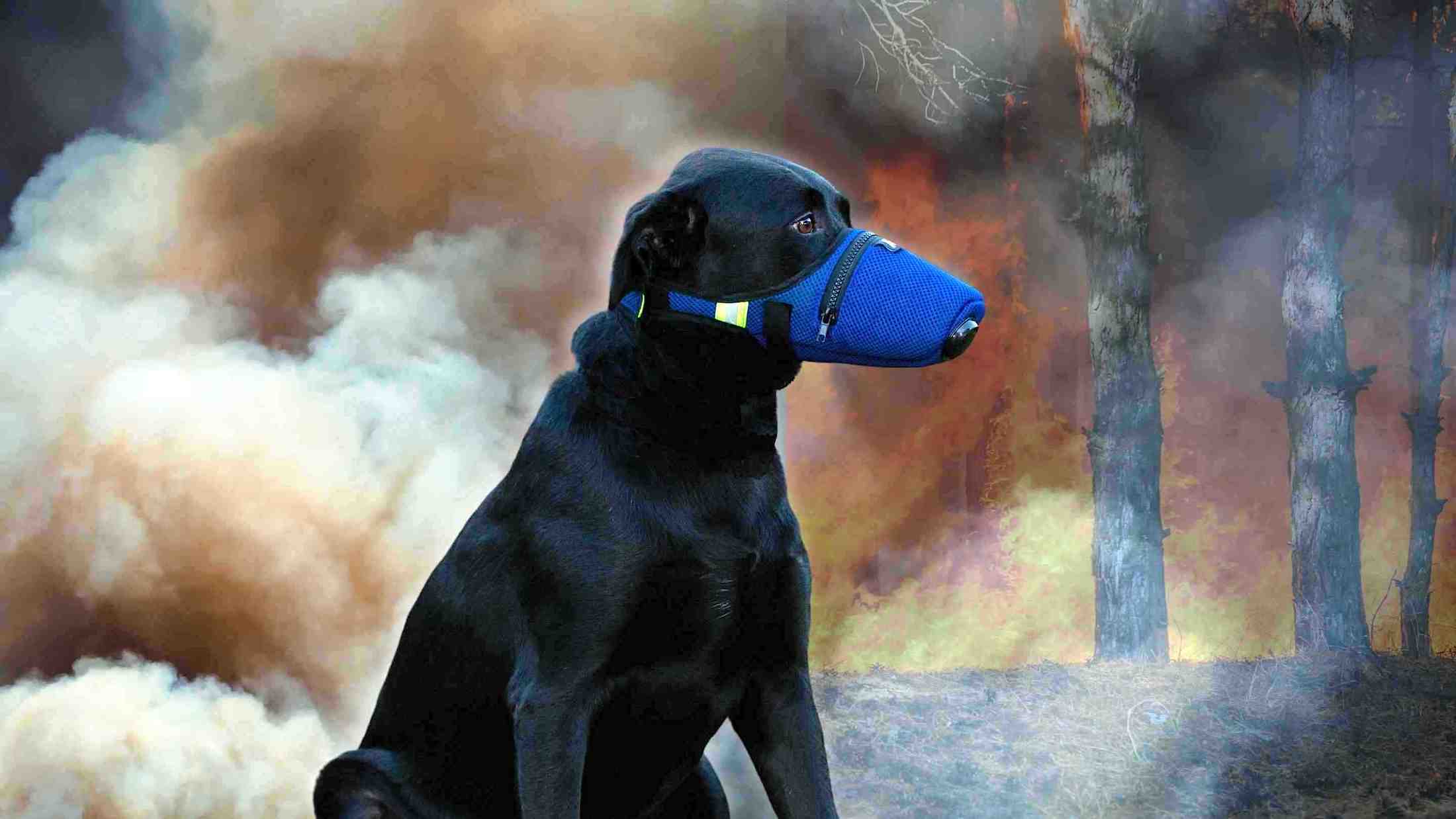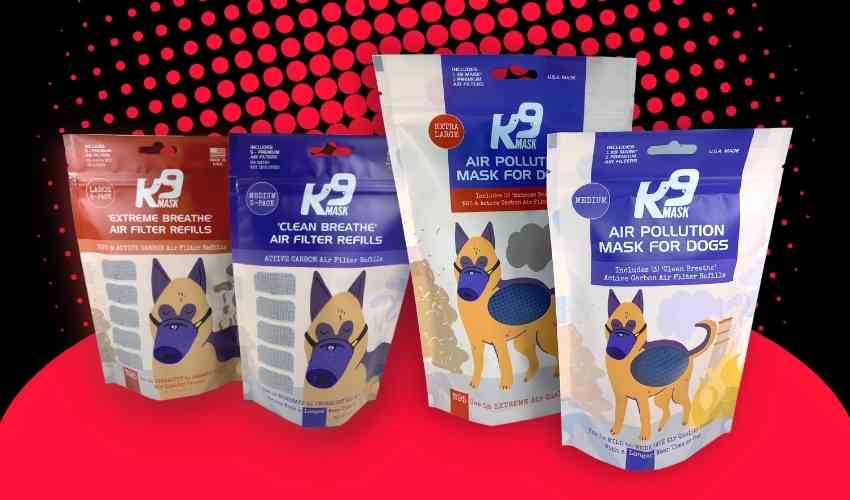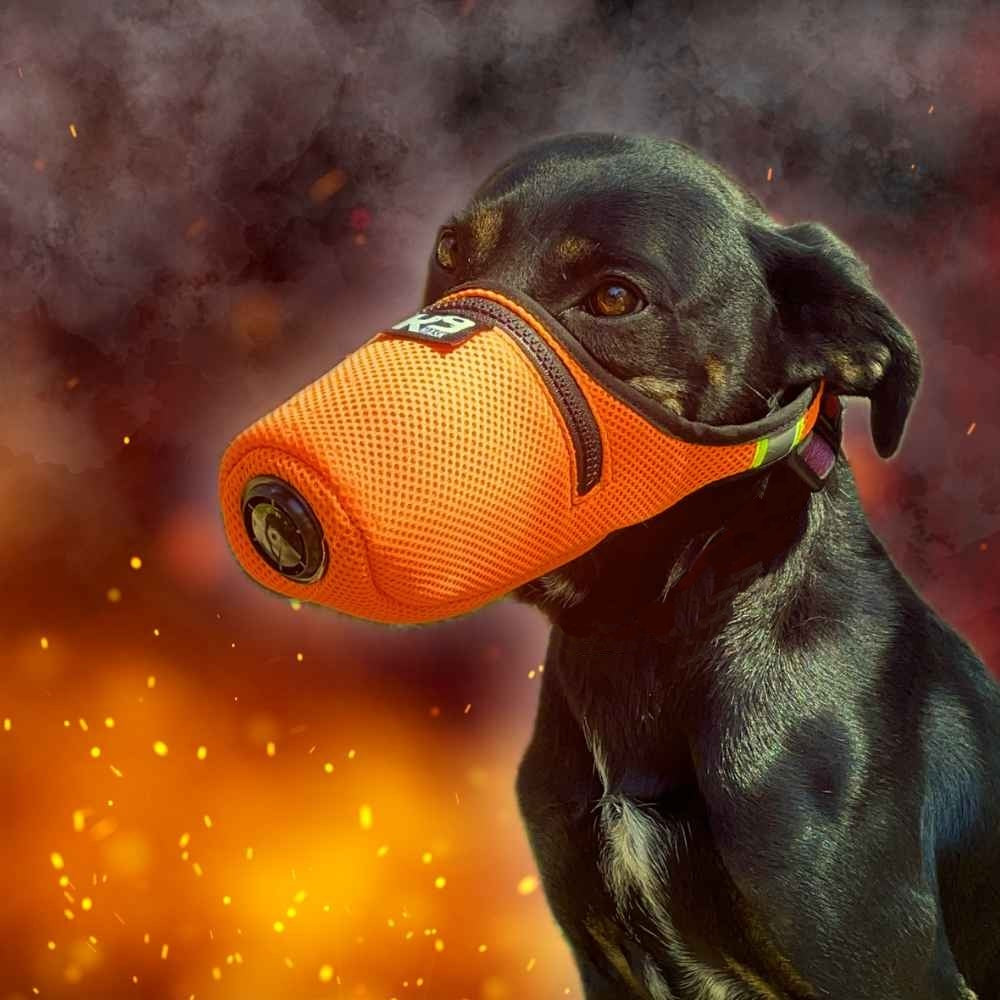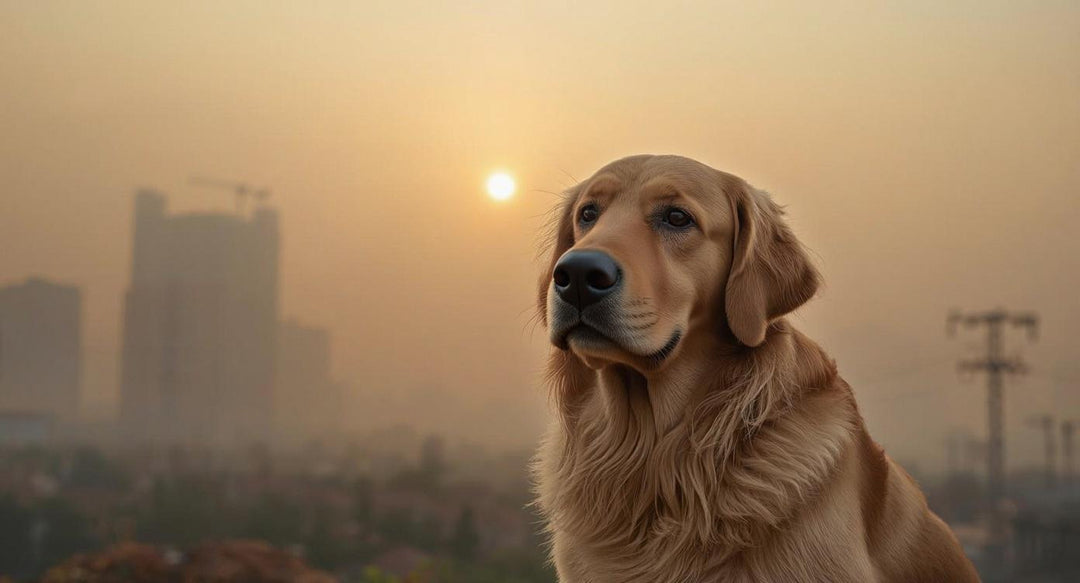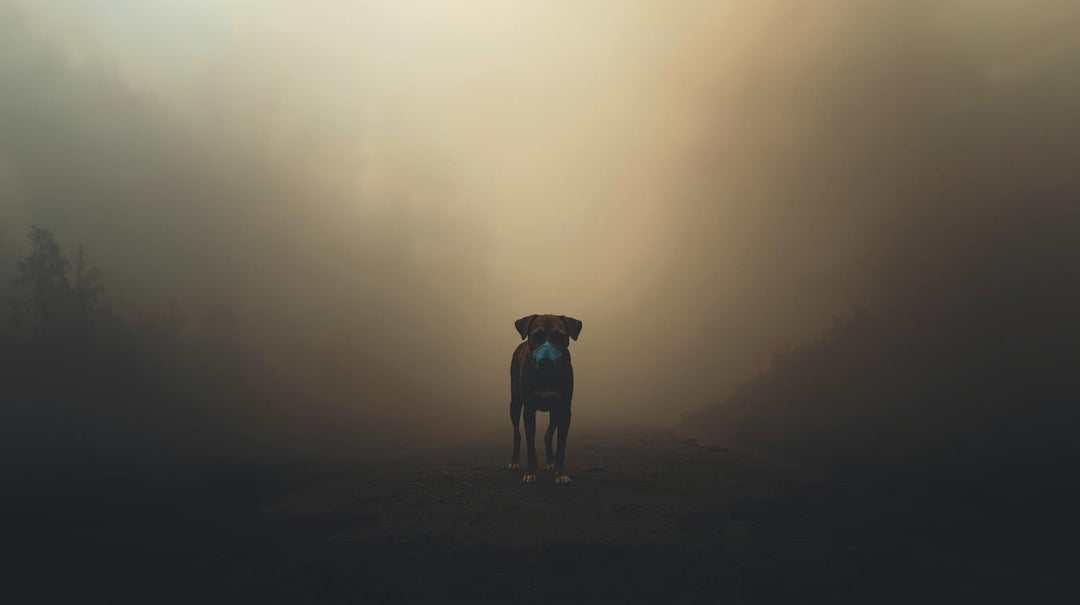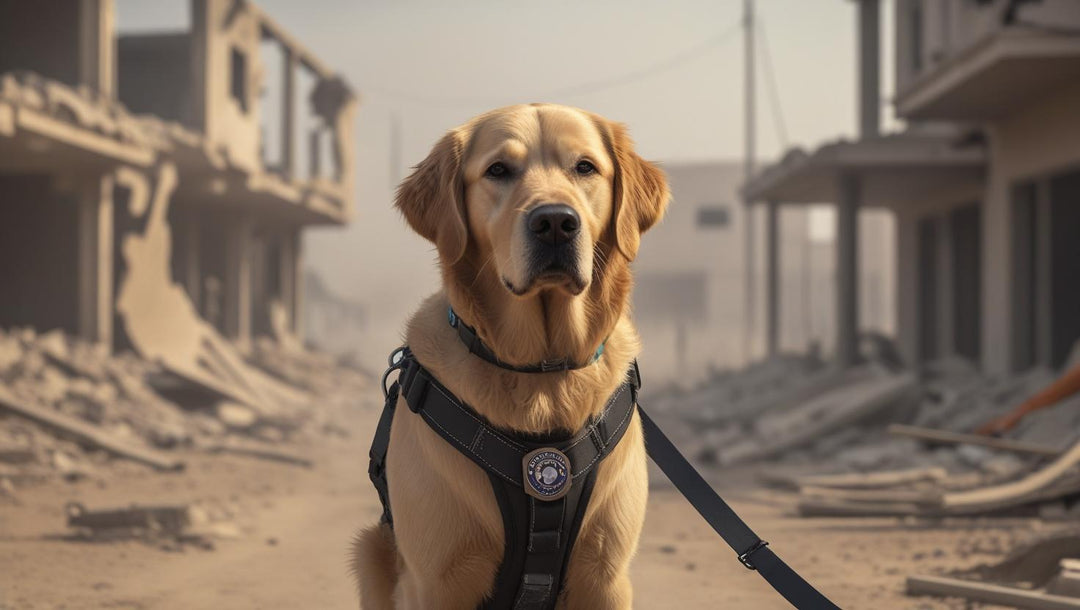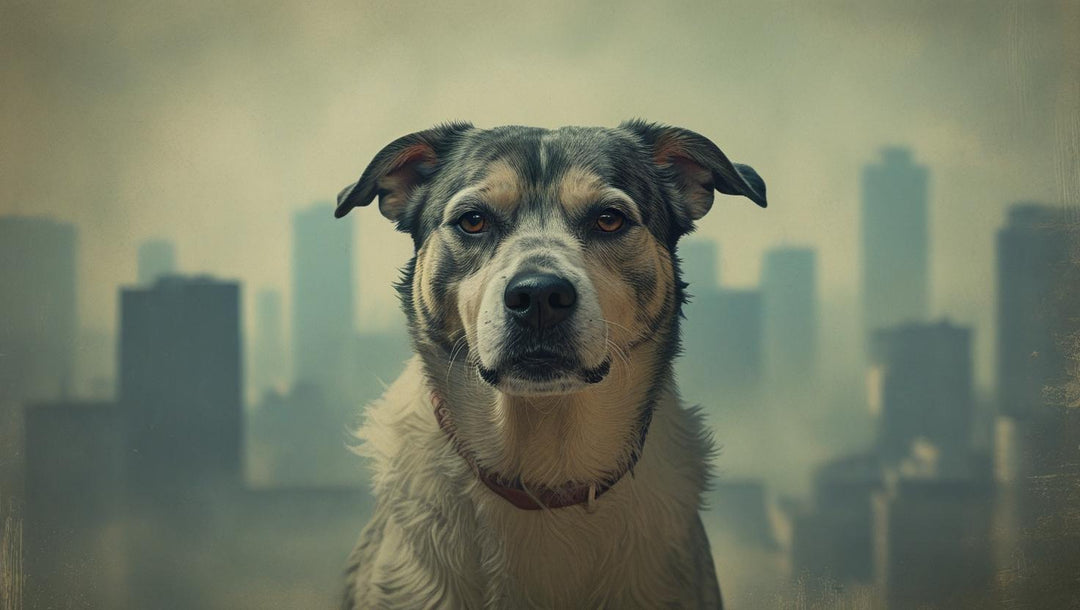The United States Department of Agriculture (USDA) announced a German Shepherd is the first dog to test positive for SARS-CoV-2, the virus that causes a COVID-19 infection. The dog, which is expected to make a full recovery, was tested after “it showed signs of respiratory illness,” according to a news release on Tuesday June 2, 2020 from the USDA.
“One of the dog’s owners tested positive for COVID-19, and another showed symptoms consistent with the virus, prior to the dog showing signs,” officials said, noting that a second dog in the household tested positive for coronavirus antibodies, suggesting it was likely exposed to the novel virus despite the fact it has not shown signs of illness. A private veterinary lab first tested the German shepherd, resulting in a presumptive positive. The USDA’s National Veterinary Services Laboratories (NVSL) later confirmed the results with its own test.
“While additional animals may test positive as infections continue in people, it is important to note that performing this animal testing does not reduce the availability of tests for humans,” officials noted. The news comes after a pug in North Carolina was initially suspected to be the country’s first positive COVID-19 case in a canine after researchers with Duke University tested it as part of a study. But the NVSL “was unable to verify infection in this dog,” Joelle Hayden, a USDA spokesperson, told The New York Times. There have been other reports of canines testing positive for the virus, such as a separate German shepherd in Hong Kong. Two pet cats in New York have also been infected, while a tiger at the Bronx Zoo tested positive for COVID-19 in April.

However, “there is currently no evidence that animals play a significant role in spreading the virus,” the USDA said in the news release, echoing a similar sentiment from the Centers for Disease Control and Prevention (CDC). “Based on the limited information available, the risk of animals spreading the virus to people is considered to be low. There is no justification in taking measures against companion animals that may compromise their welfare,” the USDA added.
What to Do if Your Pet Tests Positive for the Virus that Causes COVID-19
What you need to know (CDC recommendations):
- If your pet tests positive for the virus that causes COVID-19, isolate the pet from everyone else, including other pets.
- Do not wipe or bathe your pet with chemical disinfectants, alcohol, hydrogen peroxide, or any other products not approved for animal use.
- Only a few pets have been confirmed to be infected with the virus that causes COVID-19. Some pets did not show any signs of illness, but those pets that did get sick all had mild disease that could be taken care of at home. None have died from the infection.
- If you think your pet has COVID-19, call a veterinarian first to discuss what you should do.
- Pets with confirmed infection with the virus that causes COVID-19 should be restricted to isolation in the home until a veterinarian or public health official has determined that they can be around other pets and people.
We are still learning about how the virus that causes COVID-19 can affect animals. A small number of pets (cats and dogs) have been confirmed to be infected with the virus that causes COVID-19, mostly after close contact with a person with COVID-19. Some pets did not show any signs of illness, but those pets that did get sick all had mild disease that could be taken care of at home. None of the pets have died. Tests for COVID-19 in animals are available for most types of pets, but testing is only recommended for animals with COVID-19 symptoms and that have been exposed to a person with COVID-19.
Based on the limited information available now, the risk of pets spreading COVID-19 to people is considered to be low. There is no reason to abandon or surrender pets that have been confirmed positive for the virus that causes COVID-19.
If you are sick with COVID-19, do not take your pet to the veterinary clinic yourself. Call your veterinarian first and tell them you are sick with COVID-19. Some veterinarians may offer telemedicine consultations or other plans for seeing sick pets. Your veterinarian can evaluate your pet and decide the appropriate steps for your pet’s care.
If your pet is tested for COVID-19 and is confirmed to be infected
Depending on how sick your pet is, your veterinarian may recommend that your pet be isolated at home, instead of staying in the hospital. Some pets did not show any signs of illness, but those pets that did get sick all had mild disease that could be taken care of at home.
If your veterinarian recommends home isolation and you are able to care for your pet at home, follow this advice to protect yourself and others.
What to do if your pet gets sick
- Keep your pet at home, except to get medical care
- Talk with your veterinarian regularly. Call before you take your pet to the veterinary clinic. Be sure to alert your veterinarian if your pet has trouble breathing, or if you think it is an emergency.
- While most pets appear to show only mild symptoms or no symptoms, we are still learning about how they are affected by the virus. Even if your pet appears to be feeling better, avoid the following activities until your veterinarian determines that it is safe for your pet to do so or your pet has met the guidance to end their isolation:
- Visits to veterinary hospitals, without calling the veterinarian first
- Visits to human healthcare facilities or schools
- Visits to parks (including dog parks), markets, or other gatherings such as festivals
- Visits to the groomer, including mobile grooming salons
- Visits to pet daycares or boarding facilities
- Other outings such as playdates, hikes, or visiting other homes, with or without pets
- Using dog walkers or pet-sitters that live outside your home
Separate your pet from other people and pets in your home
- Have the pet stay in a designated “sick room” (such as a laundry room or extra bathroom) if possible, or otherwise be separated from people and other animals. This is the same way a person with COVID-19 would separate from others in their household.
- Avoid contact with the pet as much as possible, including, petting, snuggling, being kissed or licked, and sharing food or bedding.
- If possible, provide a separate litterbox or bathroom area from other pets.
DOGS: If you have a private backyard where your dog can go to the bathroom, do not take them for walks. If you must walk your dog, limit it to bathroom breaks only, stay close to your home, and keep your pet at least 6 feet away from other pets and people. Do not let other people touch or interact with your dog.
CATS: Cats should be kept inside. Do not allow cats that have tested positive for the virus that causes COVID-19 to roam outside.
CLEANING UP: There is no evidence to suggest that waste from infected pets needs any additional disinfection. Wear gloves when cleaning up after your pet, and place fecal material or litterbox waste in a sealed bag before disposing. Always wash your hands with soap and water immediately after cleaning up after your pet.
- Provide bedding, bowls or containers, treats, and toys that are separate from those used by other people or animals in the household.
-
- Disinfect bowls, toys, and other animal care items with an EPA-registered disinfectantexternal icon and rinse thoroughly with clean water afterwards.
- Soft items like towels, blankets, and other bedding, can be safely laundered and reused. Dirty laundry that has been in contact with an ill animal can be washed with other items.
Monitor your pet’s symptoms
It is important to keep track of your pet’s symptoms during home isolation. If you think your pet has new symptoms or is getting worse, call your veterinarian.
Pets sick with COVID-19 may have:
- Fever
- Coughing
- Difficulty breathing or shortness of breath
- Lethargy (unusual laziness or sluggish)
- Sneezing
- Runny nose
- Eye discharge
- Vomiting
- Diarrhea
Follow all care instructions from your veterinarian. Your veterinarian may have you keep a written log of your pet’s symptoms.
If your pet develops new symptoms or seems to be getting worse, including trouble breathing, you should call your veterinarian right away. Your veterinarian may be able to advise you over the phone or may tell you to bring your pet to their clinic or go to another clinic that can better care for your pet.
Protect yourself when caring for a sick pet
- Follow similar recommended precautions as for people caring for an infected person at home.
- If you are at higher risk for severe illness from COVID-19, another household member should care for the pet, if possible.
- People should wear a cloth face covering and gloves in the same room or area as the sick pet.
- Animals should not wear a cloth face covering or mask. Do not try to put a cloth face covering on your pet.
- Use gloves when handling the pet’s dishes, toys, or bedding and when picking up feces (poop). Throw out gloves and place waste material or litter box waste in a sealed bag before throwing away in a trashcan lined with a trash bag. Always wash your hands with soap and water immediately after cleaning up after your pet.
- Clean your hands regularly throughout the day.
- Wash hands: Wash your hands often with soap and water for at least 20 seconds each Make sure everyone in the home does the same, especially after touching the sick pet or handling their dishes, toys, or bedding.
- Hand sanitizer: If soap and water are not readily available, use a hand sanitizer that contains at least 60% alcohol. Cover all surfaces of your hands and rub them together until they feel dry.
- Do not touch your eyes, nose, and mouth with unwashed hands.
- Clean and then disinfect:
- Follow cleaning and disinfecting recommendations found on CDC’s Cleaning and Disinfecting Your Home
- Do not wipe or bathe your pet with chemical disinfectants, alcohol, hydrogen peroxide, or other products not intended or approved for use on animals. There is no evidence that viruses, including the virus that causes COVID-19, can spread to people or other animals from the skin, fur, or hair of pets. Using chemical disinfectants on your pet could make them very sick or kill them.
When it is safe for your pet to be around others: ending home isolation
- Follow your veterinarian’s advice for when it is safe for your pet to be around other people and animals. Some pets may need follow-up testing to see if they are still positive for the virus that causes COVID-19. If the animal is not being monitored by a veterinarian or public health official, owners should keep them isolated until:
-
- At least 72 hours since their clinical signs of illness have resolved without the use of medications intended to relieve symptoms;
AND - At least 14 days have passed since their clinical signs first appeared.
- At least 72 hours since their clinical signs of illness have resolved without the use of medications intended to relieve symptoms;




